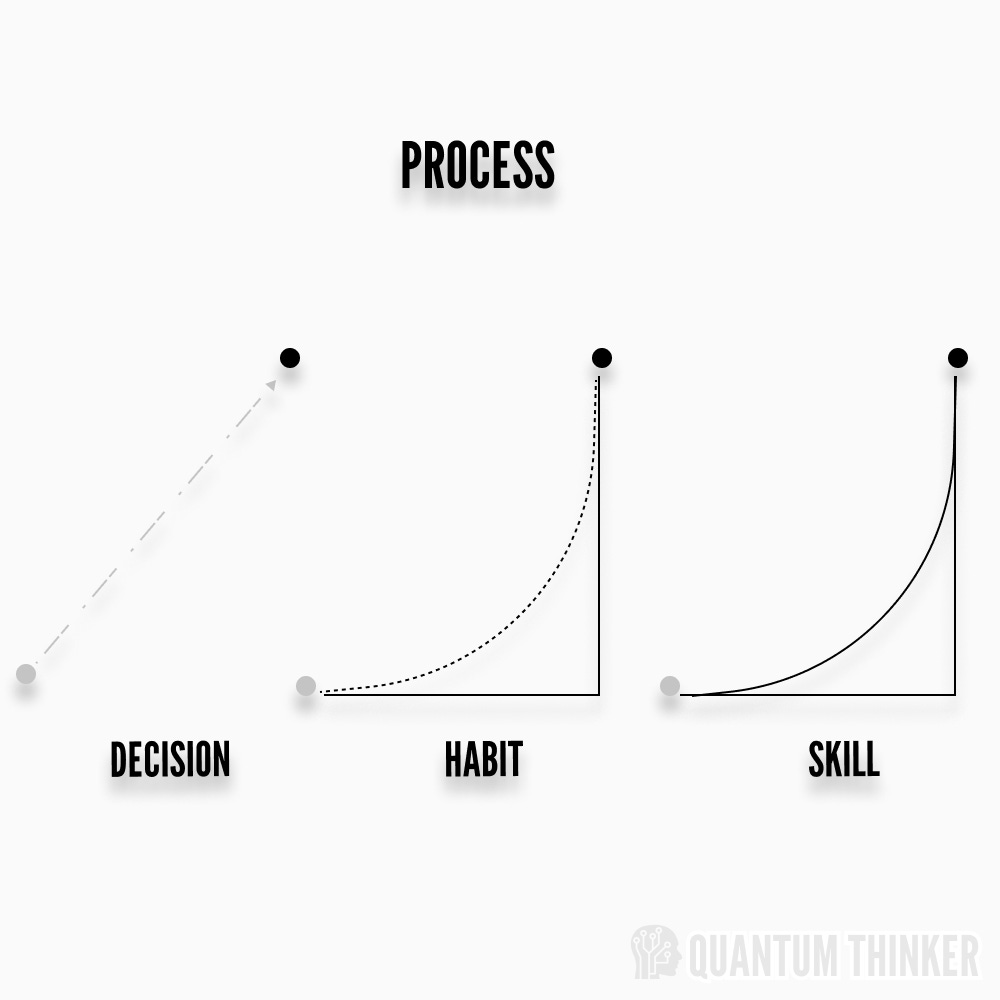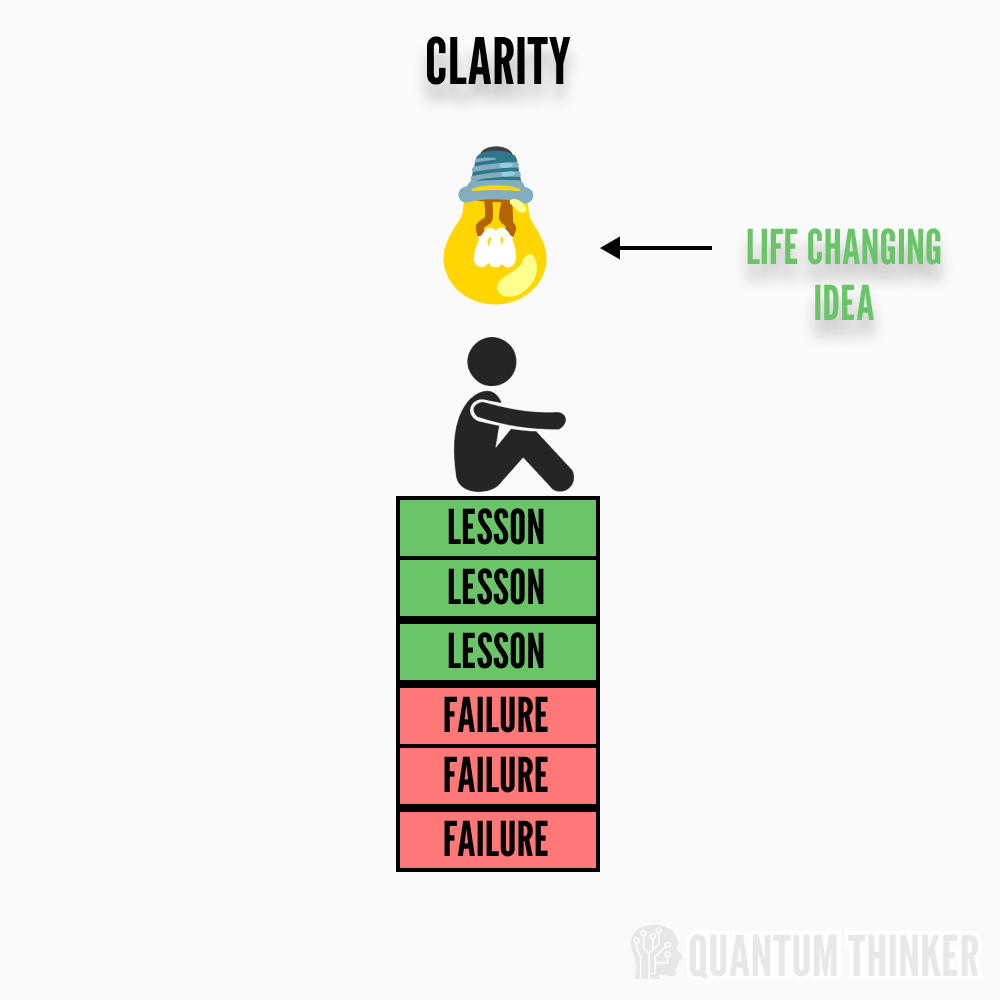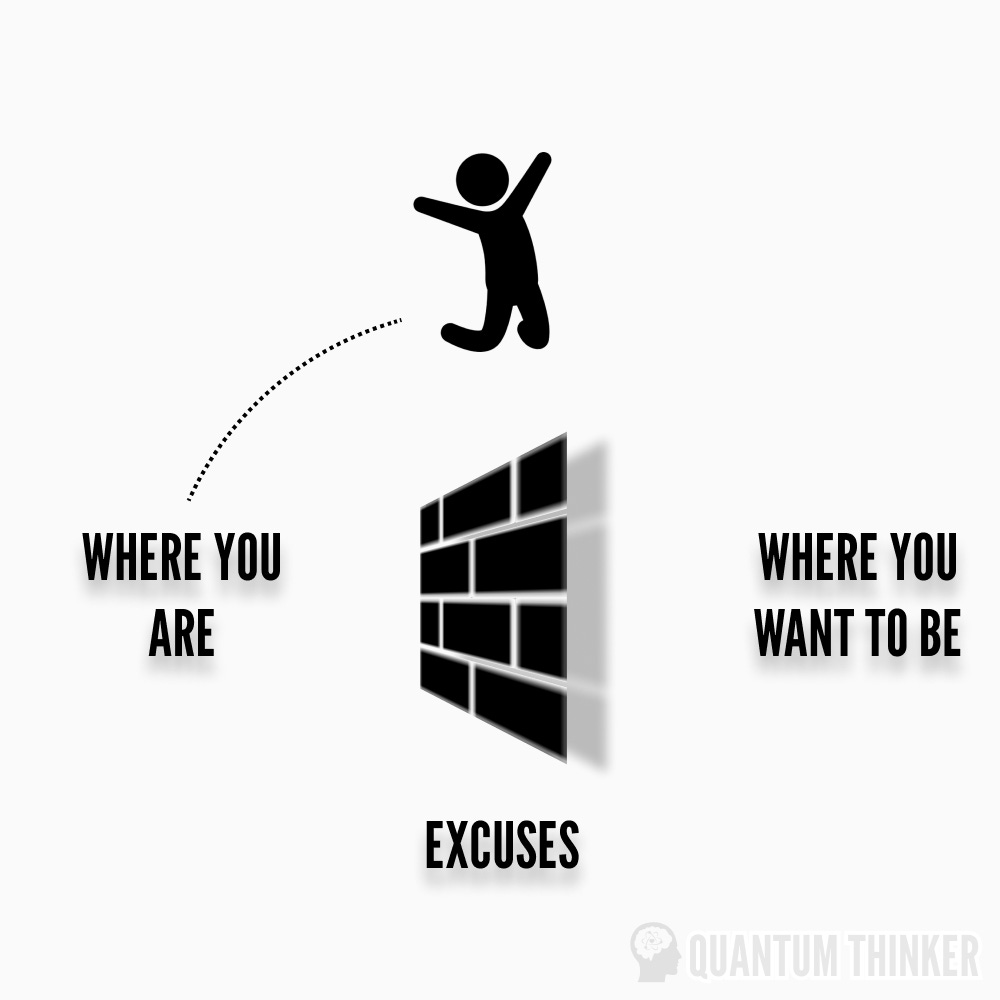6 SECRETS OF LEARNING - Learn Any Skill Fast: Step by Step Guide to increase success.
It comes down to these six timeless secrets of learning.
"If only I could have learned a new language last year."
"If only I learned about investing when I was still in my early 20s."
"If only."
For many of us, there are more things we want to learn than we have time to.
Shortening the learning curve is a topic that's been studied for many years. I've personally applied what I'm about to share now to learn how to write code, make videos and start e-commerce. You will also be able to leverage these 6 principles in any topic including business, musical instruments, and more.
1. Deconstruct the skill
2. Repeat, repeat, repeat
3. Mastery demands iteration
4. Go long
5. Failures are stepping stones
6. Remove the rock that’s blocking you from going beyond your comfort zone1. Deconstruct the skill
Deconstructing the talent into its most essential, elementary parts is the first step.
This is in reference to the popularized Pareto's Principle, where the goal is to generate 80 percent of results by putting in 20 percent of the effort.
Our goal then should be to separate the 20 percent of our learning materials that will give us 80 percent of the result.
In his Ted Talk, Josh Kaufman believes that you don't need 10,000 hours to master a skill. The secret, according to Kaufman, is to make the most of the first 20 hours and master the most crucial subset of abilities at that period in order to have the biggest influence.
For example:
If you're trying to learn a musical instrument, know the most common chords that give you access to 80 percent of songs.
If you're trying to learn a new language, concentrate on studying the 1,500–2,000 words that make up 80% of all text.
2. Repeat, repeat, repeat
This is the part where most of us struggle, and what many of us don't want to hear.
Practice is the secret to learning anything more quickly.
It requires frequency and persistence of performing the same skill over and over again, until you can do it subconsciously, without having to think about it.
The world's top performers are aware of this technique for learning more quickly and improving, but they rarely discuss it because of how unattractive it sounds.
Expert-level performance is primarily the result of expert-level practice, not due to innate talent.
3. Mastery demands iteration
The Beatles visited Hamburg, Germany in 1960 while they were still an unheard-of high school rock band and played at the local bars.
The group was underpaid. The acoustics were terrible. The audiences were unappreciative. So, what did the Beatles get out of the Hamburg experience?
Non-stop hours of playing time, practice, and immediate feedback forced them to get better. According to Malcolm Gladwell in his book Outliers, that was the crucial distinction that helped the Beatles achieve success.
Getting something right requires patience and hard work. But it also means knowing when to stop making changes; you’ll know when you’ve arrived at the best product when you’re beyond excited to share it.
Audiences clamoured for additional performances and playing time as the Beatles' skill level increased. They were performing for eight hours every night, seven nights per week, by 1962. The Beatles had performed together in nearly 1,200 concerts by the time they made their international debut in 1964.
In contrast, the majority of bands today don't perform 1,200 shows over the course of their career.
4. Go long
Sadly, a lot of us quit before or during what Seth Godin refers to as "the Dip."
Godin describes that although it's important to know when to quit, many potential winners don't reach success because they quit before the dip.
5. Failures are stepping stones
When Apple was ready to release the iPhone into the world, the foundation was already there, making it possible to keep taking new and different risks later on.
With every product, Jobs expected things to go wrong. But he also understood that messing up was often worth the reward. Perfection may not exist, but greatness could be achieved with a few software updates.
6. Jump from the place that’s blocking you from going beyond your comfort zone
The original iPhone changed the world forever in 2007, with its multitouch screen and digital keyboard as highlights.
The decision to remove the mechanical keyboard was a clever industrial design solution. It allowed the iPhone to have more screen space for other creative features.
According to Godin, the five reasons you might fail to become the best in the world are:
You run out of time (and quit).
You run out of money (and quit).
You get scared (and quit).
You're not serious about it (and quit).
You lose interest (and quit).
Psychologists have also studied what's known as the transition cycle.
The reason why this is important to visualize is, if you can predict that a dip is coming whenever you're learning anything new, it's easier to fight through it.
More significantly, the dip exists so that those who are determined enough to persevere might ride the upward wave that awaits them at the end of the tunnel.
Thanks for reading…
Follow for visuals at | Facebook | Twitter | Instagram | LinkedIn | Pinterest | Reddit |










